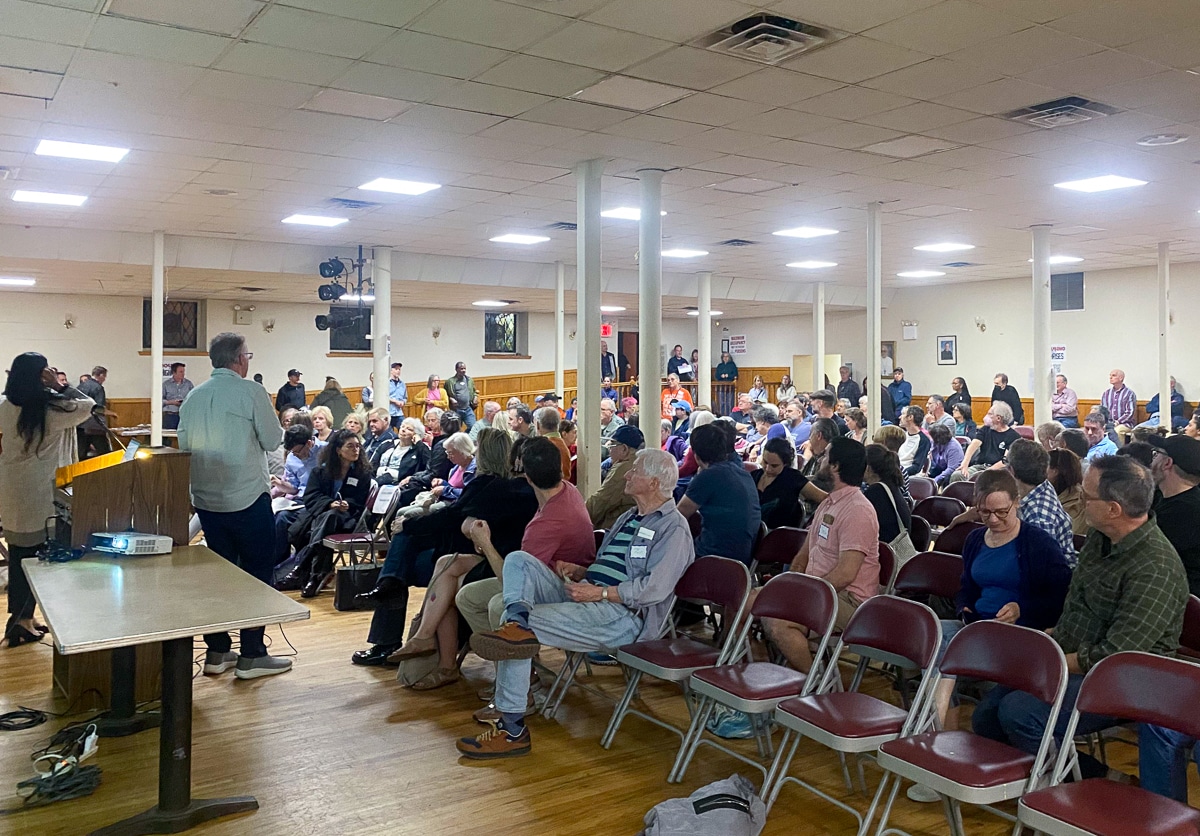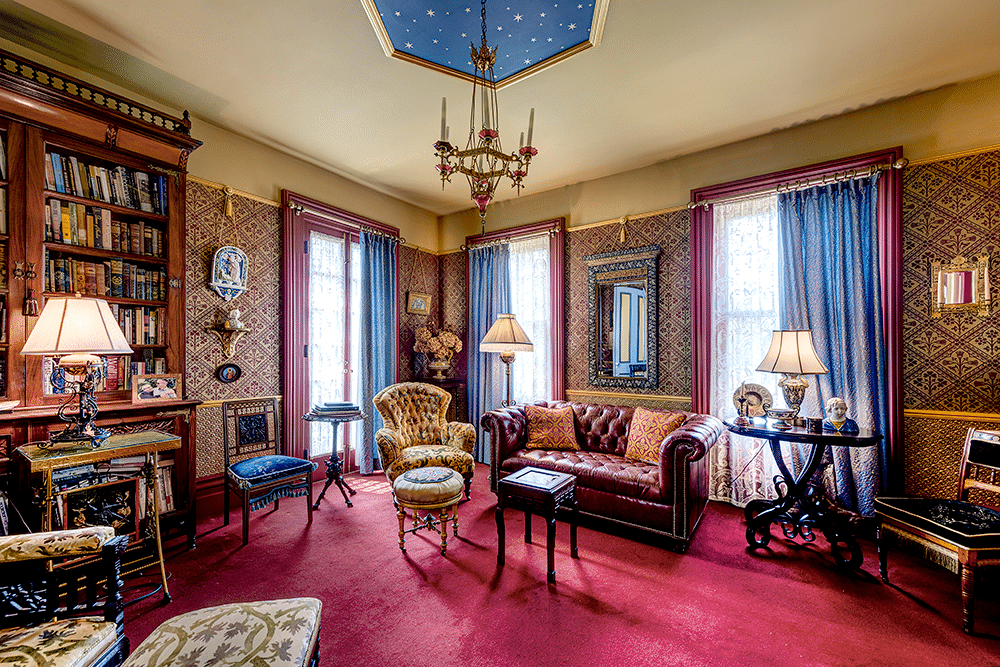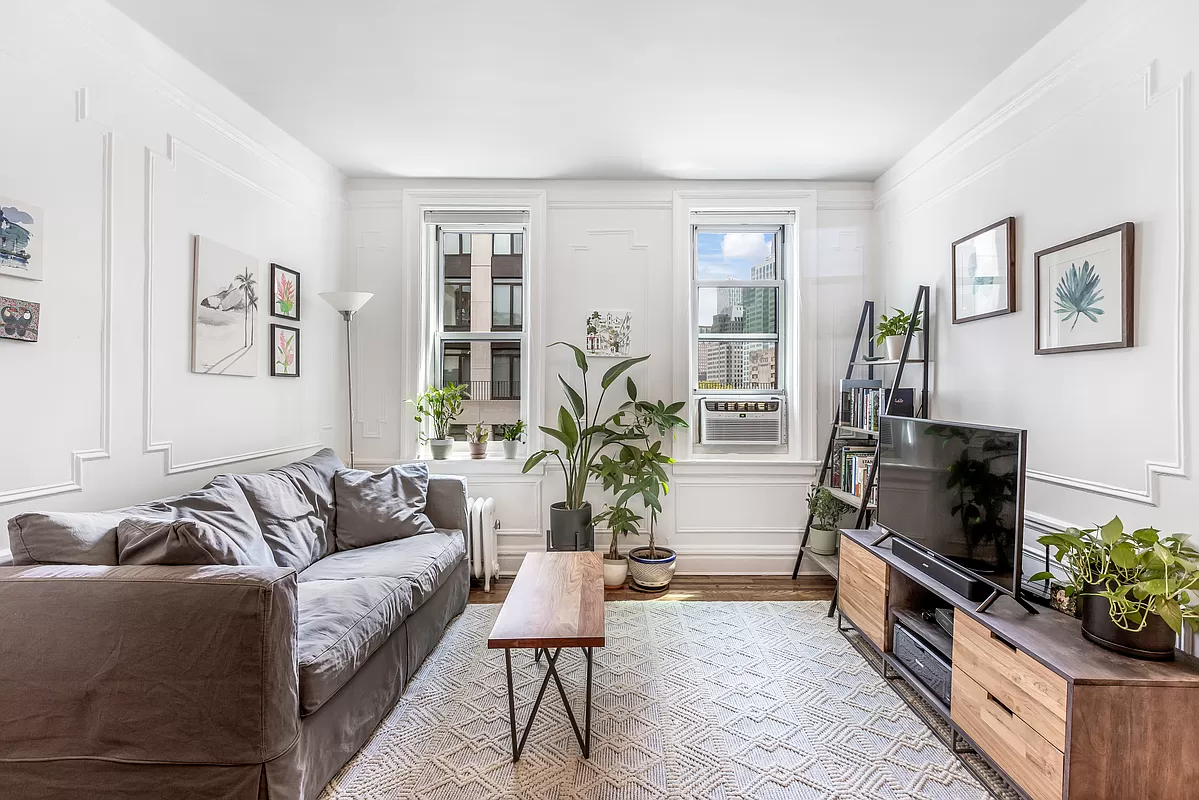Brooklyn Prices Up 8% in '06, Appraiser Says
According to appraisal firm HMS Associates, the average sales price of single- and multi-homes in Brooklyn rose 8 percent in 2006, despite a drop in the number of transactions. “The Brooklyn residential market was very strong in 2006,” says HMS Associates founder Sam Heskel. “We expect 2007 will be another good year, but home prices…

According to appraisal firm HMS Associates, the average sales price of single- and multi-homes in Brooklyn rose 8 percent in 2006, despite a drop in the number of transactions. “The Brooklyn residential market was very strong in 2006,” says HMS Associates founder Sam Heskel. “We expect 2007 will be another good year, but home prices will come back down to earth somewhat, with transactions up moderately.” In Brownstone Brooklyn, the biggest price increase came in Brooklyn Heights, where prices jumped 16.6 percent, from $1,831,857 to $2,136,891. The study also cites big rises in Boerum Hill, Carroll Gardens, Williamsburg, Bay Ridge, Park Slope, Greenpoint, and Crown Heights.
Brooklyn Home Prices Rose Nearly 8% in 2006 [Market Wire]
Photo by Adam Brock









11:00 AM,
Then intrinsic value of NYC has always been more than those other cities. Agreed. It’s been like that before things took off this go-around. But that’s intrinsic value. I’m talking about the excess “value” that’s inherent in all cities that will crash back down to that of the intrinsic. I should say “back up” because it will probably overshoot on the way down.
But it’s just my prediction. I could be wrong or I could be right.
9:11,
5 to 10 percent “discounts” only cut into the excess value I mentioned above. You have to make your way to the intrinsic before you give me a discount on anything.
Again, this is my bet. Debating about the economy can be like debating about who’s gonna win the World Series. But sometimes it’s obvious who’s the underdog, in my opinion the bulls.
Growl!
To 9:11am, this past Fall was a time when prices dropped. Properties were “on sale” then. But did people rush to buy? No. Because they were scared. Lots of people on this site were saying buy now, you’ll get a deal. But people insist on buying when the RE market is climbing, and they hold off and don’t buy when it’s dropping. It’s counterintuitive perhaps, but it’s what happens.
“Most powerful pitch of this past bull market. Never ceases to amaze me how people fall for it. We wait for everything else to go on sale, but not houses. Even with real live examples like WT Economist at February 28, 2007 11:38 AM”
try to be a little realistic please…
how many people on here who would like to buy something and have not, have over the years found nyc real estate to be more affordable to them now or REALLY think that there is going to be a “sale”. new york is not baltimore or philadelphia as someone suggested earlier. i’m from one and spent a lot of time in the other and it’s like comparing tj maxx and barneys.
you might find an occassional sale at barney’s but everything is still gonna be expensive.
to compare the two is like apples and oranges and new york city for the foreseeable future is much more like barneys than tjmaxx or ross, dress for less.
(I have looked at yield numbers across new york city, and they come out remarkably similar……almost all houses yield between 5% to 6%…..(try it with your own house…..take annual rental income, subtract property tax and water rates and annual maintenance, then divide by the market value of the property)
Same as I did, but solving for a different variable. A return just over 6% (the current mortgage rate) puts the value at $500K or $600K. Put in $1 mil, and you get a much lower yield.
Perhaps 2-3 unit buildings are a better deal, factoring in the rent. But are you then including the extra work you have to do as a landlord, and the need for maintenance and reinvestment? That’s no joke. There is a reason that when we rented in a 2-family, the owner was a professional plumber.
“Buy now or be priced out forever”.
Most powerful pitch of this past bull market. Never ceases to amaze me how people fall for it. We wait for everything else to go on sale, but not houses. Even with real live examples like WT Economist at February 28, 2007 11:38 AM.
People obviously haven’t read their economic history. The following crashes are explained at http://www.stock-market-crash.net.
*Tulip Bulb Mania
*South Sea Bubble
*Mississippi Bubble
*Florida Real Estate Bubble
*Stock Market Crash of 1929
*Stock Market Crash of 1987
*The Nikkei Bubble (Tokyo was like NYC)
*The Collapse of Barings Bank
*The Nasdaq Bubble
*The Kuwait Stock Bubble
I still think my pricing model is better…..locking in housing value is worthless because you could just have easily locked in a loss as a gain…..
Simply comparing housing yield to bond yields gives an excellent meter of relative value….I have looked at yield numbers across new york city, and they come out remarkably similar……almost all houses yield between 5% to 6%…..(try it with your own house…..take annual rental income, subtract property tax and water rates and annual maintenance, then divide by the market value of the property)
(WT Economist, since I figure you really know something about this stuff (unlike me): can you explain the basis that you think your house should be worth around $600K?)
A house, like many assets, has an income return and a capital gain return. The income return is the rent you don’t have to pay, the value of living in the house. Capitalizing current rents for similar units at the current 30 yr mortgage rate (which is low, BTW), adjusting for inflation,
I get a value of about $500,000.
But in buying you lock in a large portion of housing costs, and that has value. I estimate that worth at about $100,000, for a total of $600,000. Those paying $1 mil are also locking in housing costs, but at a sky-high level that would have almost certainly left them better off renting, even if they plan to be there a long time and unstabilized rents keep rising about inflation.
So what’s the other $400,000? Greed and fear. A combination of an upside panic victimizing homebuyers (buy now or you will never be able to say where you want to live), and speculating on future gains after a sale to greater fools. It makes no sense.
But I sympathize with young couples with kids who have decided where and how they want to live and feel psychological pressure to lock that in. That is why I don’t feel the price bubble is anything to celebrate. Hopefully, we will be in a bust when my own children are looking for housing.
A bubble, is a bubble, is a bubble.
Tulips, Dot Bombs, the Chinese Stock Market, the US Housing Market (including NYC)
I would guess the NYC market stays relatively flat until the next recession. It may be a year or two away, but once that comes look out below.